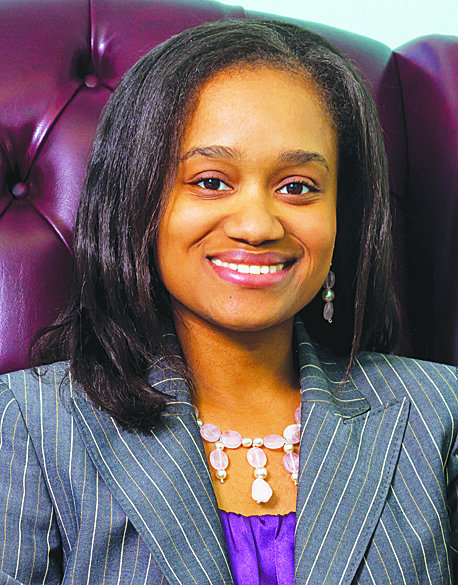The Department of Disaster Management in Anguilla is expected to place greater emphasis on preparedness and response given the island’s experience of Hurricane Irma and the recent threats of earthquakes in the region.
The subject came up at the joint press conference held by Governor Tim Foy and Chief Minister Victor Banks on February 13, which was also attended by Deputy Governor, Perin Bradley.
With the beginning of the hurricane season just four months away, the first meeting of the National Disaster Management Committee has already been held to begin preparation for 2018. While, as always, a Director of Disaster Management is in place, the Governor’s Office, through the Deputy Governor, has special oversight of the process.
Commenting on that, Governor Foy stated: “The responsibility for disaster management lies with the Governor’s Office. From my books, the person in the Governor’s Office, who is best suited to run that, is the Deputy Governor. This is because he is the Head of the Anguilla Civil Service. If the whole process of disaster management is about coordination of the public service and its relationship with the private sector as well, then it makes sense, to me, to ask the person who is in charge of the Civil Service to drive that forward. That’s not an abrogation of my responsibilities. For me, that was a wise call because the Deputy Governor is in a uniquely good position to do it.”
The Governor, responding to a reporter’s question, continued: “I think lessons are learnt and we can always do better. The proof of the pudding is that the rate of recovery in Anguilla was remarkable, and the speed with which the island got itself back together, in a matter of days and weeks, speaks volumes about the amount of preparation that was done. It easy to be critical and to say that things could have been done quicker and better, but I am not dissatisfied with the way in which the response was made in 2017. Am I complacent about the way in which we are preparing for 2018? Not at all. This this is why we called the first meeting of the National Disaster Management Committee last week in order to begin the process for 2018 as quickly as possible.”
Chief Minister Banks commented: “I think that in terms of the structure of the Disaster Management Office, and where it sits in the organisational charter, it is difficult for a Director of Disaster Preparedness to have the kind of leverage on persons above his or her pay grade, in the public service, with certain instructions that need to be done for preparedness. That is why, I think, it is important that somebody, like the Deputy Governor, is there to provide that level of support in getting people to respond to the directives that need to be taken in preparedness for hurricanes, and so forth, and have that level of authority for it to run smoothly.”
Mr. Bradley, the Deputy Governor, said preparation for earthquakes was one of the first things that came up at this year’s first National Disaster Management Committee meeting. “We realised that the region has been seeing an increase in seismic activity and that, as part of our risk profile, we have to address the issues of earthquakes, tsunamis and flooding,” he said. “I think, going forward, you are going to be seeing us paying a lot more attention to those issues. We realise that there were a number of seismic activities in the region, but the ones that people have been speaking about recently, were not at a level that presented any sort of threat to Anguilla. That’s why you didn’t see much of our public discussion on the matter at this point.”










